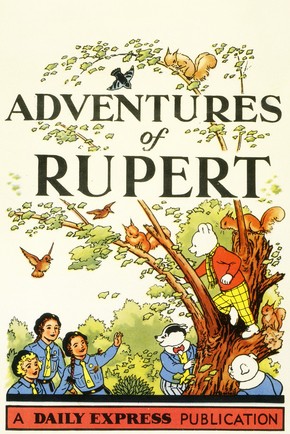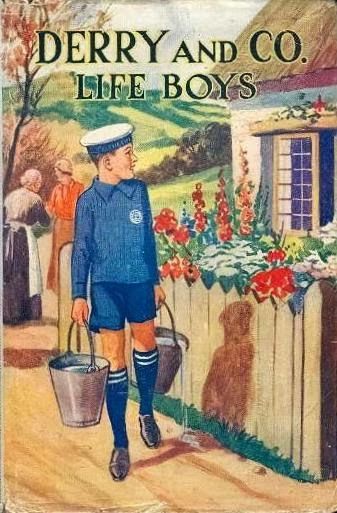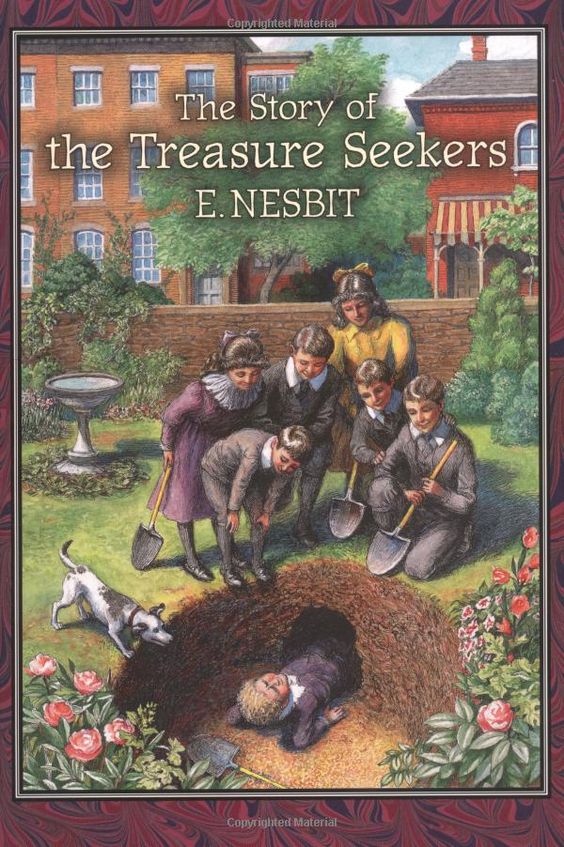|
|
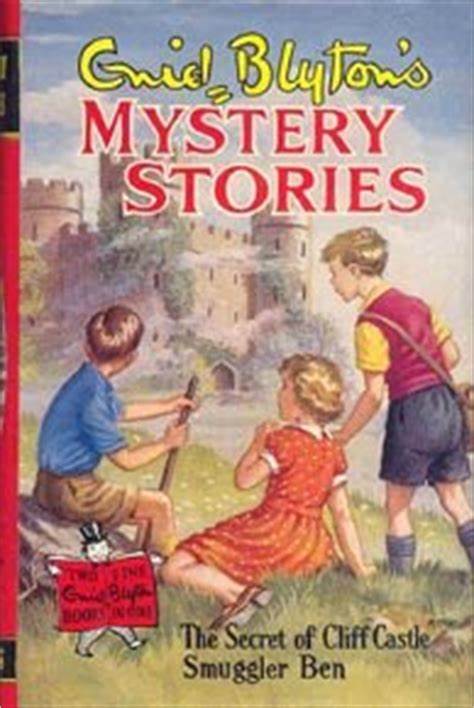 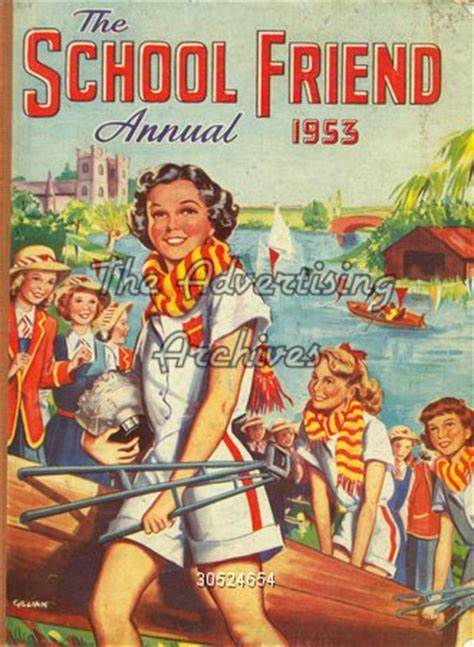 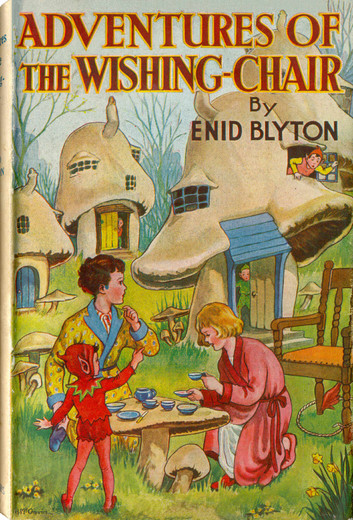 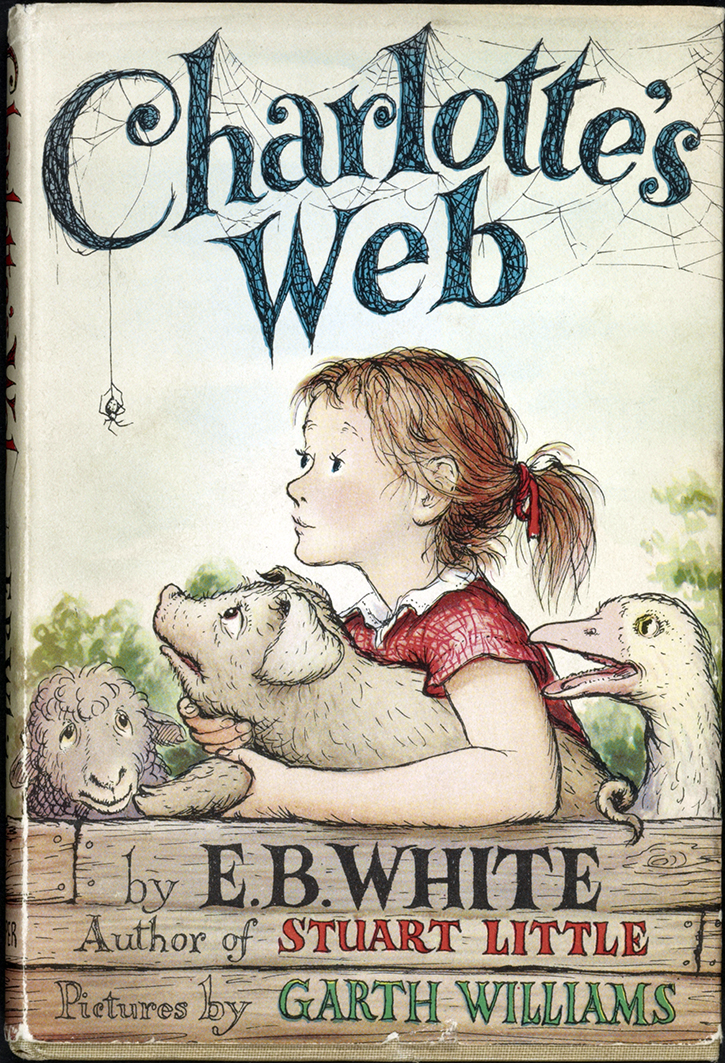 Previous "Growing Up" articles:
Episode 8 - Southend on Sea 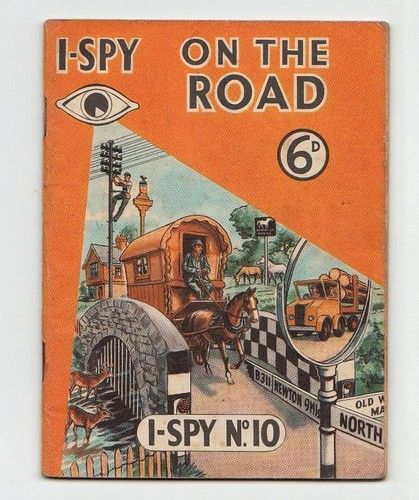 In
July 1963 we packed all of our belongings into our little beige
Standard 8 and said goodbye to Boverton Drive Gloucester for the last
time. Our furniture and effects were all packed away in storage and had
left in the removal van earlier that day. One of the greatest regrets
of my life was that I had been persuaded by Mum and Dad to pack up my
entire paperback collection on my last day of school and to take it to
a small secondhand bookshop in the city to dispose of it. Why that
suitcase couldn't either have travelled with us in the Standard 8 or
been included with the stuff going into storage, I will never know. It
took me years to restore that collection, and most of them were whilst
I was working in the SPCK bookshop in Stevenage New Town, of which more
later. I never did get to the bottom
of why we had to move away from Brockworth. I was sixteen years old,
half way through my A level course (French, Spanish and English
Literature: Paradise Lost, Macbeth, Under Milk
Wood) at the Crypt Grammar School, and had been told to report to the
headmaster on the last day of term. Stanley Ward, who had taken over
from the great Colin Ewing a year or so earlier when Ewing had died of
shingles, was nowhere near as efficient or as strong a personality as
Colin Ewing, who can best be described as "old school". Bullying was
rife at the Crypt, but Colin Ewing's policy was for boys who were being
bullied to take it on the chin and sort it out for themselves. You
didn't go crying to a teacher or a prefect if you were being bullied,
you were expected to slug it out in the playground at break time with a
crowd of boys around you baying for blood. Rugby was the school game in
the autumn and winter months, cricket in spring and summer. Rugby was
not to my taste. I played one game on the first day at school, in 1957,
and found myself at the bottom of a pile of roughhouse boys, and vowed
to never play again if I could help it. It wasn't difficult. I would
write myself a note, sign it "Mrs G Norman" and hand it in, and swiftly
became one of the fat wheezy boys who stood on the touchline cheering
on the boys who did like to play this stupid violent "game" that
nowadays has been recognised as a "sport" that causes all sorts of
physical problems including a propensity for brain injuries and the
like. I would rather do a cross country run than play rugby any day,
and frequently did, although in later years our cross country runs
involved catching the bus when out of sight of the school, alighting at
Peter Scudamore's house to watch TV for an hour, then rejoining the run
and often winning because we were fresher than the boys who had done
the actual run. In
July 1963 we packed all of our belongings into our little beige
Standard 8 and said goodbye to Boverton Drive Gloucester for the last
time. Our furniture and effects were all packed away in storage and had
left in the removal van earlier that day. One of the greatest regrets
of my life was that I had been persuaded by Mum and Dad to pack up my
entire paperback collection on my last day of school and to take it to
a small secondhand bookshop in the city to dispose of it. Why that
suitcase couldn't either have travelled with us in the Standard 8 or
been included with the stuff going into storage, I will never know. It
took me years to restore that collection, and most of them were whilst
I was working in the SPCK bookshop in Stevenage New Town, of which more
later. I never did get to the bottom
of why we had to move away from Brockworth. I was sixteen years old,
half way through my A level course (French, Spanish and English
Literature: Paradise Lost, Macbeth, Under Milk
Wood) at the Crypt Grammar School, and had been told to report to the
headmaster on the last day of term. Stanley Ward, who had taken over
from the great Colin Ewing a year or so earlier when Ewing had died of
shingles, was nowhere near as efficient or as strong a personality as
Colin Ewing, who can best be described as "old school". Bullying was
rife at the Crypt, but Colin Ewing's policy was for boys who were being
bullied to take it on the chin and sort it out for themselves. You
didn't go crying to a teacher or a prefect if you were being bullied,
you were expected to slug it out in the playground at break time with a
crowd of boys around you baying for blood. Rugby was the school game in
the autumn and winter months, cricket in spring and summer. Rugby was
not to my taste. I played one game on the first day at school, in 1957,
and found myself at the bottom of a pile of roughhouse boys, and vowed
to never play again if I could help it. It wasn't difficult. I would
write myself a note, sign it "Mrs G Norman" and hand it in, and swiftly
became one of the fat wheezy boys who stood on the touchline cheering
on the boys who did like to play this stupid violent "game" that
nowadays has been recognised as a "sport" that causes all sorts of
physical problems including a propensity for brain injuries and the
like. I would rather do a cross country run than play rugby any day,
and frequently did, although in later years our cross country runs
involved catching the bus when out of sight of the school, alighting at
Peter Scudamore's house to watch TV for an hour, then rejoining the run
and often winning because we were fresher than the boys who had done
the actual run.In 1962 I took home a sheet of paper asking my parent to confirm that I was able to swim. I was...nearly, and I really didn't know what I would do if I was tipped into the canal, but I was determined to join the newly formed rowing club that was open to all fifth and sixth formers. Rowing was the making of me. It turned out that I was well suited to rowing and soon found myself stroking for the school four, and we competed both at the Henley Regatta and at another regatta that took us to Stratford Upon Avon. On both occasions I met some very attractive public schoolgirls who were serving refreshments. They tended mostly to look down on us oiks from state schools, but the Crypt Grammar School had an awesome reputation and we soon got chatting with the girls, which was a novelty, because the Crypt was an all boys' school and we didn't run into many girls in those days. That same year we went to the Colston Hall in Bristol on a school expedition to see a Moliere play as preparation for our French A Level exam. 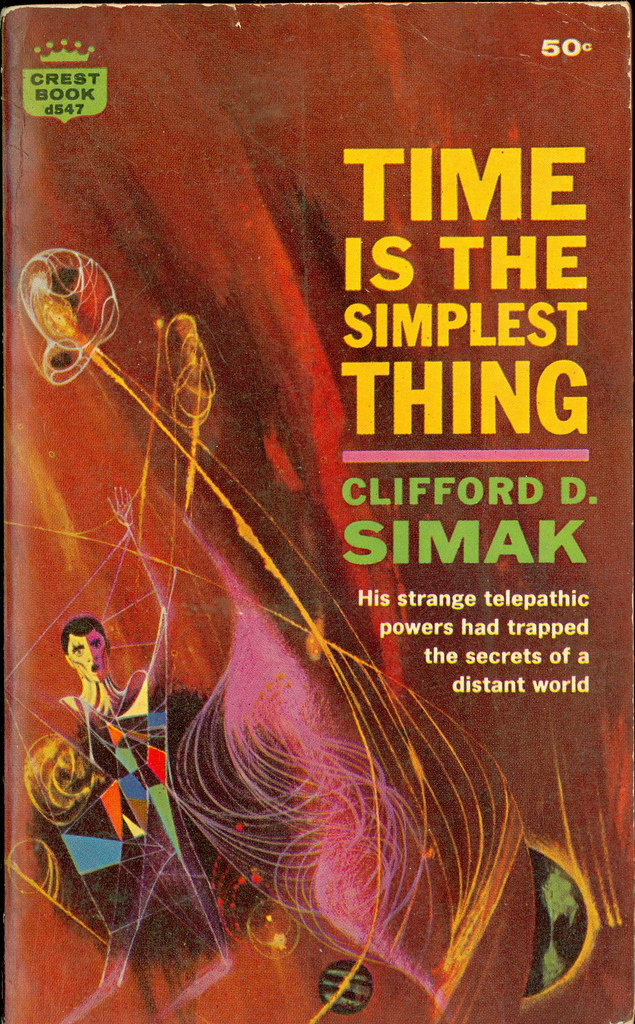 I was unmoved by the
performance
because my attention was drawn to the girl sitting immediately in front
of me, with whom I shared my giant bag of jelly babies (the Beatles
were always being showered with jelly babies at their concerts, and I
had decided to buy a big bag to share with my school friends). In the
interval we got chatting, her name was Rosalind Green, and she attended
a private girls' school in Bristol. This was music to my ears - I knew
everything there was to know about private girls' schools from my
sister's comics and annuals! (Of course I didn't, but it felt as though
I did). When we got back to Gloucester I set about
finding out where she went to school, fancying myself as something of a
Sherlock Holmes, one of my greatest literary heroes. Having found her
school, I bought another big bag of jelly babies and posted them to
Rosalind, and we corresponded for many years as pen friends,
something that doesn't seem to happen nowadays. We met up once in
Bristol but after that all we did was to write letters to each other.
Other than Rosalind, my knowledge of girls was extremely limited, and I
rarely came into contact with girls during that period of my life. The
exception
was when we formed a committee in the fifth form to do something for
charity and someone hit upon the idea of pushing a bath from Gloucester
to Cheltenham. Someone had an old pram frame which his father, a
farmer, adapted to accommodate an old bath. I was unmoved by the
performance
because my attention was drawn to the girl sitting immediately in front
of me, with whom I shared my giant bag of jelly babies (the Beatles
were always being showered with jelly babies at their concerts, and I
had decided to buy a big bag to share with my school friends). In the
interval we got chatting, her name was Rosalind Green, and she attended
a private girls' school in Bristol. This was music to my ears - I knew
everything there was to know about private girls' schools from my
sister's comics and annuals! (Of course I didn't, but it felt as though
I did). When we got back to Gloucester I set about
finding out where she went to school, fancying myself as something of a
Sherlock Holmes, one of my greatest literary heroes. Having found her
school, I bought another big bag of jelly babies and posted them to
Rosalind, and we corresponded for many years as pen friends,
something that doesn't seem to happen nowadays. We met up once in
Bristol but after that all we did was to write letters to each other.
Other than Rosalind, my knowledge of girls was extremely limited, and I
rarely came into contact with girls during that period of my life. The
exception
was when we formed a committee in the fifth form to do something for
charity and someone hit upon the idea of pushing a bath from Gloucester
to Cheltenham. Someone had an old pram frame which his father, a
farmer, adapted to accommodate an old bath. I'd like to say that my seven years at the Crypt Grammar School were the finest days of my life, and not too dissimilar from the schooldays I lovingly read about in Frank Richards's Greyfriars novels, and Anthony Buckeridge's Jennings novels. But at the age of twelve, I went through the darkest period of my life when I was selected for grooming and subsequently for sexual abuse at the hands of the peripatetic violin teacher. I guess I should be flattered that he found me attractive enough to single me out, but it was traumatic at the time, something that should never have happened, because he was well known for what he did to young boys, and it soured my life for a couple of years afterwards. I stopped learning the violin, which was a great pity, as I showed great promise and a huge talent, and in 1958 was all set up for a got at becoming a member of the National Youth Orchestra. One of my schoolmates, David Cripps, who played the French Horn, auditioned for the NYO, was accepted and went on to become principal horn player with the London Symphony Orchestra. That could have been me, I used to tell myself, and resented the lack of care shown by the school and the local council for allowing that peripatetic teacher to teach young boys like me. I dove into teaching myself to play the guitar because of my obsession with skiffle and the new rock and roll which heralded the arrival of the Beatles and hundreds of other groups - there was no place for a violinist in groups of that kind, and my musical tastes veered straight into rock and roll. I would play along to Bobby Darin, the Beatles, Gerry and the Pacemakers, Lonnie Donegan, and even my beloved Mr Acker Bilk and his Paramount Jazz Band. I even played rhythm guitar along to my Django Reinhardt LPs, and pretty soon I was cycling to school, my guitar on my back, to show off my new skills to my classmates during break times and at music lessons, where I would defiantly glare at the violin teacher, who was waiting to pounce on his new victims, and show off my prowess on the six-stringed instrument. When it came to poplating out wheeled bath, we all knew some girls that we'd been at primary school with, and a couple were selected to sit in the bath while we pushed it from Gloucester town hall (it's a city but it had a town hall in those days, I believe) to Cheltenham town hall where a civic reception was laid on with a buffet tea for us. We raised £100, a huge amount in those days, which we donated to Oxfam. Like I said, I rowed twice for my school but they never awarded me my colours, and I left in July 1963 to pursue a new life in Prittlewell, just outside Southend on Sea, where we had relatives, and where I had a place awaiting me at Southend Boys' Grammar School. I left my friends at one of the oldest boys' grammar schools in the country, for one in a dead-end town on the coast in Essex, a town I'd visited many times in the past when visiting relatives in Hornchurch and Rainham, and which I didn't particularly like. But in those days we didn't get a say, we did what our parents told us to do, and one week in July 1963, I found myself at a loose end in Prittlewell, and decided to walk to the sea front. Southend-on-Sea was brash, untidy, noisy and not very attractive. It so happened that the long road into Southend from Prittlewell took me past the public library, and I stuck my head in to see what was what. To my amazement, it was full of books! As I mentioned earlier in this episode, 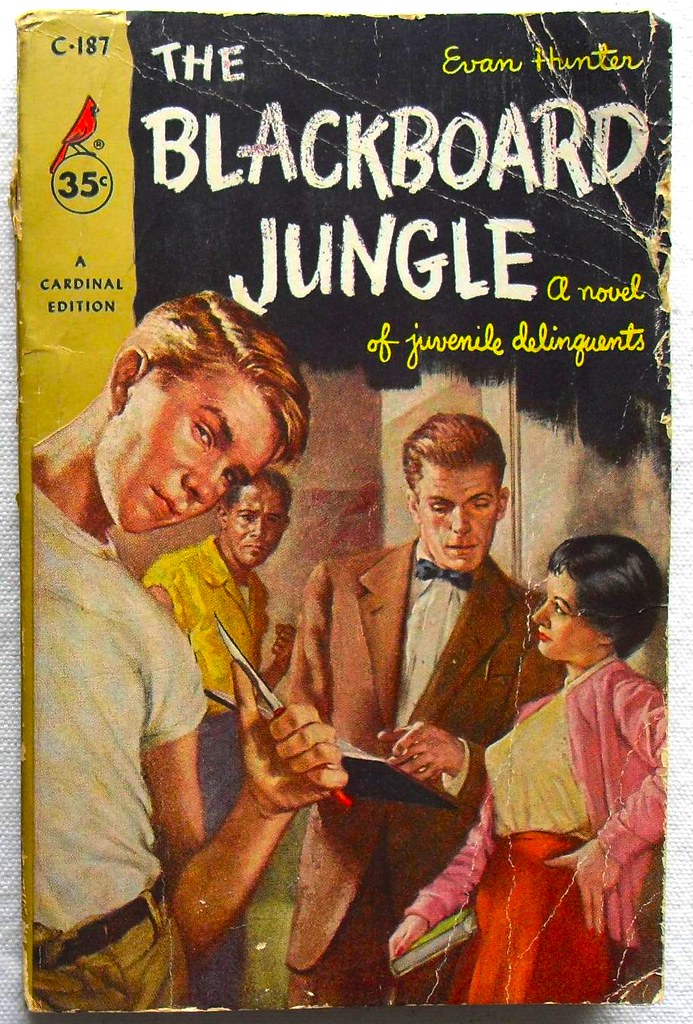 I
never did find out why we had to
move away from Brockworth, an idyllic little village at the foot of
Cooper's (or Cheeseroll) Hill, a kind of gateway to the Cotswolds. My
sister Jean didn't know either. Dad had an excellent job at Rank
Precision Industries, which was part of the J Arthur Rank empire, he
being the leading light in British film making as well as owning half
the flour mills in the country, and famous also for inventing the Xerox
photocopying machine. I heard a rumour - well, I eavesdropped on a
conversation between Dad and Mum, and heard him say that they had
brought in new management blood over the top of him, and he couldn't
sit back and let that happen, so he simply couldn't work for Ranks any
longer. If I had a brilliant, responsible job like he had, that brought
in a decent salary and kept us in upper working class comfort, (Dad,
being a Tory supporter, always felt we were lower middle class, but I
never thought we had enough money for that!) I don't think I
would have left it simply because they had brought someone else in to
manage me. But it wasn't for me to comment. Another rumour which Jean
would neither confirm or deny was that Dad was having an affair with a
woman at Ranks, Mum had found out about it and insisted that we move
away. That made more sense to me, although from what I could see, they
were always devoted to each other. I
never did find out why we had to
move away from Brockworth, an idyllic little village at the foot of
Cooper's (or Cheeseroll) Hill, a kind of gateway to the Cotswolds. My
sister Jean didn't know either. Dad had an excellent job at Rank
Precision Industries, which was part of the J Arthur Rank empire, he
being the leading light in British film making as well as owning half
the flour mills in the country, and famous also for inventing the Xerox
photocopying machine. I heard a rumour - well, I eavesdropped on a
conversation between Dad and Mum, and heard him say that they had
brought in new management blood over the top of him, and he couldn't
sit back and let that happen, so he simply couldn't work for Ranks any
longer. If I had a brilliant, responsible job like he had, that brought
in a decent salary and kept us in upper working class comfort, (Dad,
being a Tory supporter, always felt we were lower middle class, but I
never thought we had enough money for that!) I don't think I
would have left it simply because they had brought someone else in to
manage me. But it wasn't for me to comment. Another rumour which Jean
would neither confirm or deny was that Dad was having an affair with a
woman at Ranks, Mum had found out about it and insisted that we move
away. That made more sense to me, although from what I could see, they
were always devoted to each other.I had resigned myself to joining Southend Boys' Grammar School in September, but events took a bit of a curve in the summer months. I'll get back to the library in a moment, don't worry! It transpired that Mum and Dad were going into partnership with Uncle Stan and Aunt Florry, and were searching for a hardware business that could support us all. Uncle Stan and Aunt Florry already had a small hardware store in Prittlewell. From what I could tell, all it sold was paraffin, candles and firewood, plus wicks for gas heaters. And a couple of tins of paint. I mucked in and helped serve customers at busy times (!) and got some pocket money in return. I quite enjoyed it, but I enjoyed going to the library more. By this time, Uncle Stan had bought me a record player from the cash and carry. When I say he bought it, I mean that he bought it but I paid for it, and I was at least able to play my Lesley Gore LP which I had won in a competition in the Melody Maker music newspaper, which kept me up to date with Mr Acker Bilk, the Beatles and the Rolling Stones, and Django Reinhardt. In Romford, which we visited when we went to see Aunty Ivy, Uncle George and Sylvia, my beautiful cousin, I discovered a superb record shop in which I found loads of Django Reinhardt EPs and LPs, and added them to my small but growing collection. 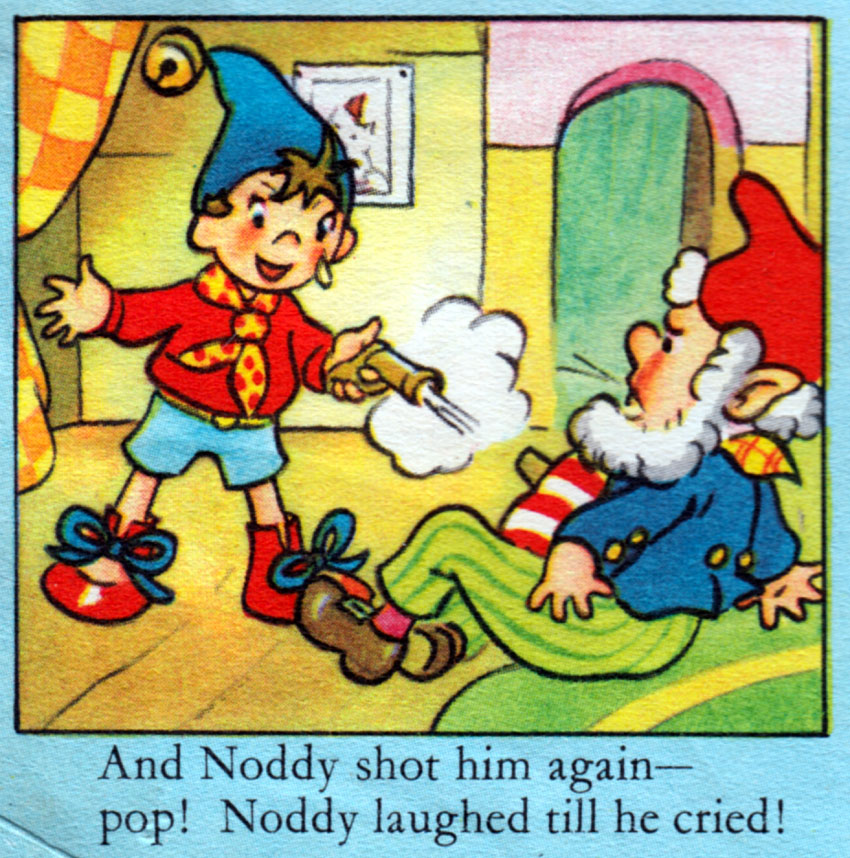 But as
usual, books were best. In
Southend on Sea's public library, I found a bookcase crammed with
contemporary playwrights' work, including the complete plays and revues
of Noel Coward - six or seven volumes, I believe. I don't remember what
prompted me to investigate Noel Coward, but I soon found myself reading
and loving Private Lives, Hay Fever, Blithe Spirit etc., and going back
for more. And
when I'd run out of Noel Coward, I started on Terence Rattigan, and
pretty soon after that, J B Priestley. Priestley had always been a
favourite of mine after I discovered his fantasy novel, The
Thirty-First of June, but
I had no idea at the time that he also wrote plays. I loved The Good
Companions, and I loved An Inspector Calls. In fact, I loved them so
much, along with the Cowards and Rattigans, that I started to write
plays myself. Again, it was Uncle Stan who bought me a Smith Corona
portable typewriter from the cash and carry; again I paid for it from
my pocket money. And pretty soon I was banging away and turning out
page after page of brilliant stories and plays. I remember reading a
play by Priestley called I HAVE BEEN HERE BEFORE, in which the author
plays around with time and the mystery of time. Having always been
fascinated by time and time travel, I wrote a kind of sequel entitled
AND I SHALL
COME AGAIN, and sent it off to the BBC, who commissioned by far the
biggest number of new plays in the UK at that time - still do, for all
I know. The months went by, and then towards the end of the year I
received a letter from John Tydeman who in 1963 was the head of BBC
Radio Drama, quite a bigwig in the BBC hierarchy. He actually thought
that my play was brilliant, especially
the interplay between the younger characters, and he had been trying to
find a way of bringing it to the radio, but sadly had to conclude that
it was not to be. He urged me to carry on writing plays and to send
them to him, which I did, but nothing ever came of it. AND I SHALL COME
AGAIN was the pinnacle of my drama writing period. An opportunity
missed! But I carried on writing, short stories and full-length novels,
and set about a career of being rejected by all the major publishing
houses in the UK. But as
usual, books were best. In
Southend on Sea's public library, I found a bookcase crammed with
contemporary playwrights' work, including the complete plays and revues
of Noel Coward - six or seven volumes, I believe. I don't remember what
prompted me to investigate Noel Coward, but I soon found myself reading
and loving Private Lives, Hay Fever, Blithe Spirit etc., and going back
for more. And
when I'd run out of Noel Coward, I started on Terence Rattigan, and
pretty soon after that, J B Priestley. Priestley had always been a
favourite of mine after I discovered his fantasy novel, The
Thirty-First of June, but
I had no idea at the time that he also wrote plays. I loved The Good
Companions, and I loved An Inspector Calls. In fact, I loved them so
much, along with the Cowards and Rattigans, that I started to write
plays myself. Again, it was Uncle Stan who bought me a Smith Corona
portable typewriter from the cash and carry; again I paid for it from
my pocket money. And pretty soon I was banging away and turning out
page after page of brilliant stories and plays. I remember reading a
play by Priestley called I HAVE BEEN HERE BEFORE, in which the author
plays around with time and the mystery of time. Having always been
fascinated by time and time travel, I wrote a kind of sequel entitled
AND I SHALL
COME AGAIN, and sent it off to the BBC, who commissioned by far the
biggest number of new plays in the UK at that time - still do, for all
I know. The months went by, and then towards the end of the year I
received a letter from John Tydeman who in 1963 was the head of BBC
Radio Drama, quite a bigwig in the BBC hierarchy. He actually thought
that my play was brilliant, especially
the interplay between the younger characters, and he had been trying to
find a way of bringing it to the radio, but sadly had to conclude that
it was not to be. He urged me to carry on writing plays and to send
them to him, which I did, but nothing ever came of it. AND I SHALL COME
AGAIN was the pinnacle of my drama writing period. An opportunity
missed! But I carried on writing, short stories and full-length novels,
and set about a career of being rejected by all the major publishing
houses in the UK.I don't know what it was about Noel Coward that appealed to me - maybe I heard a play on the radio, or watched a film, maybe of Blithe Spirit - whatever it was I was hooked on this creative genius, and he made a lasting impression on me. In November of 1963, we moved to Stevenage New Town, where we took up residence in a three-bedroomed flat above West's Hardware store, which we were to operate until Uncle Stan and Aunt Florry came to Stevenage and joined us in an adjoining three-bedroomed flat. It was the beginning of my new life. Gone was any suggestion that I should go back to school. The next few months were taken up with repeated drives from Stevenage to Prittlewell to ferry the stock from the latter to West's, and that coincided with me gaining plenty of driving experience to add to my six formal driving lessons in a beautiful new Triumph Herald. In February of 1964 my driving instructor told me I didn't stand a chance of passing my test; I completely flummoxed him by passing that day, at my first attempt! I loved the Triumph Herald, but it wasn't a Ford, and pretty soon I persuaded my Dad to buy the handsome blue and white Ford Zephyr from the Zenith Garage forecourt at the entrance to Stevenage town. 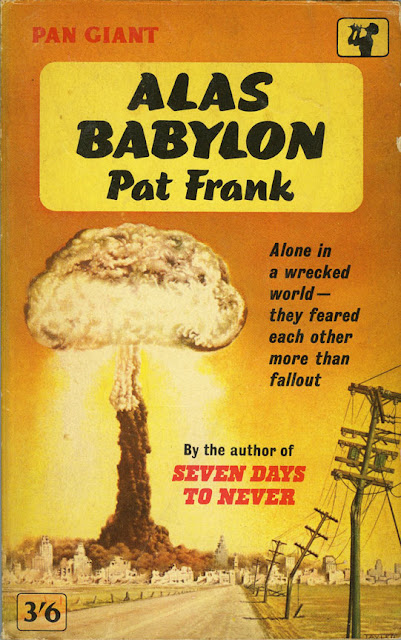 As
soon as Uncle Stan and Aunt
Florry were established in their flat and in the shop (which resembled
Arkwright's in Open All Hours)in Stevenage, my Mum regrettably informed
me that
there was insufficient income from the shop to support five people, and
urged me to look for a "proper" job. I enjoyed working in the shop and
interacting with the customers, but it certainly wasn't a career. I
recall going upstairs to bed the night before and seeing an
illuminated sign saying "LIBRARY" through the upstairs window. I had
explored the immediate surroundings on numerous occasions but couldn't
remember ever seeing a branch library at the shopping precinct. Slowly
it dawned on me that it had been a mobile library, something we never
saw in Brockworth because of the two bookcases filled with books in the
Primary School; the mobile library was parked around the
back of the Hyde shopping precinct, and it dawned on me at the same
time also that working in a public library would be my dream job! I
wrote
off to the main Stevenage library, emphasising how much I loved books,
and received a letter asking me to go for an interview within a couple
of days. I duly attended and was offered a full time job as a library
assistant there and then, and was asked to start work after the Easter
weekend of 1964. As
soon as Uncle Stan and Aunt
Florry were established in their flat and in the shop (which resembled
Arkwright's in Open All Hours)in Stevenage, my Mum regrettably informed
me that
there was insufficient income from the shop to support five people, and
urged me to look for a "proper" job. I enjoyed working in the shop and
interacting with the customers, but it certainly wasn't a career. I
recall going upstairs to bed the night before and seeing an
illuminated sign saying "LIBRARY" through the upstairs window. I had
explored the immediate surroundings on numerous occasions but couldn't
remember ever seeing a branch library at the shopping precinct. Slowly
it dawned on me that it had been a mobile library, something we never
saw in Brockworth because of the two bookcases filled with books in the
Primary School; the mobile library was parked around the
back of the Hyde shopping precinct, and it dawned on me at the same
time also that working in a public library would be my dream job! I
wrote
off to the main Stevenage library, emphasising how much I loved books,
and received a letter asking me to go for an interview within a couple
of days. I duly attended and was offered a full time job as a library
assistant there and then, and was asked to start work after the Easter
weekend of 1964. This was a dream come true for me - surrounded by books and loads of fascinating new people to work with. During the course of the year I got to know everyone - I was the only male library assistant amongst around twelve girls or young women, one of whom was eventually to become my wife! By this time I had my collection of books back - I had reluctantly parted with my comics and annuals before leaving Brockworth; but out of storage came my LP collection of Acker Bilk, Beatles, Rolling Stones, Buddy Holly, Django Reinhardt and my two or three classical LPs, mainly Beethoven and Bach. Although we listened to every music programme going on the BBC, my actual knowledge of classical music was pretty poor. I knew the names, I just wasn't familiar with their music. I played the Beatles almost non-stop. I went to see the Rolling Stones in the Locarno Ballroom in Stevenage in September 1964, and was blown away by them. I bought an LP of Noel Coward and Gertrude Lawrence singing Coward's compositions and songs from his revues. Then at the end of September, three of the female library assistants tracked me down in the reference library, and asked if I would escort one of them home off the bus after work as she had been followed home by a strange man the previous evening. I said "yes", of course, and that's how it started. Wendy swiftly became the love of my life, and opened the doors to classical music in a way I never dreamed possible, something I will begin to tell you about in the next instalment of my memoirs in the October issue! Join me then for another trip down memory lane! The small print: Books Monthly, now well into its 24th year on the web, is published on or slightly before the first day of each month by Paul Norman. You can contact me here. If you wish to submit something for publication in the magazine, let me remind you there is no payment as I don't make any money from this publication. If you want to send me something to review, contact me via email at paulenorman1@gmail.com and I'll let you know where to send it.
|
|
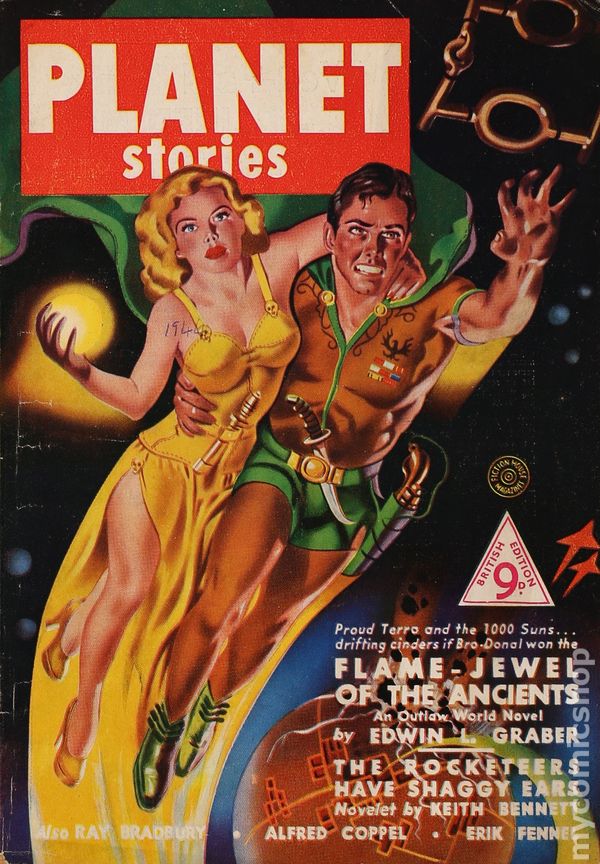
,
|
